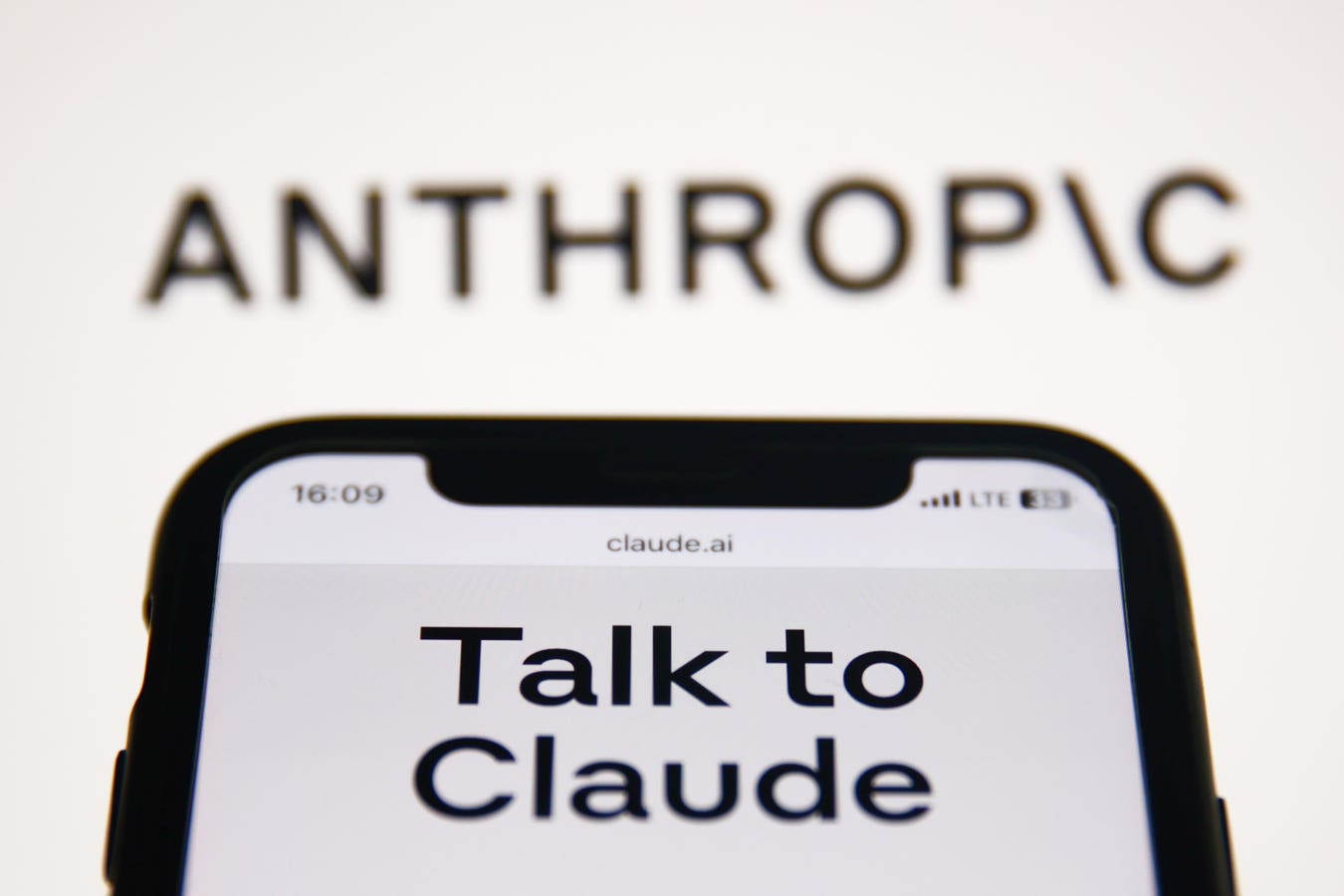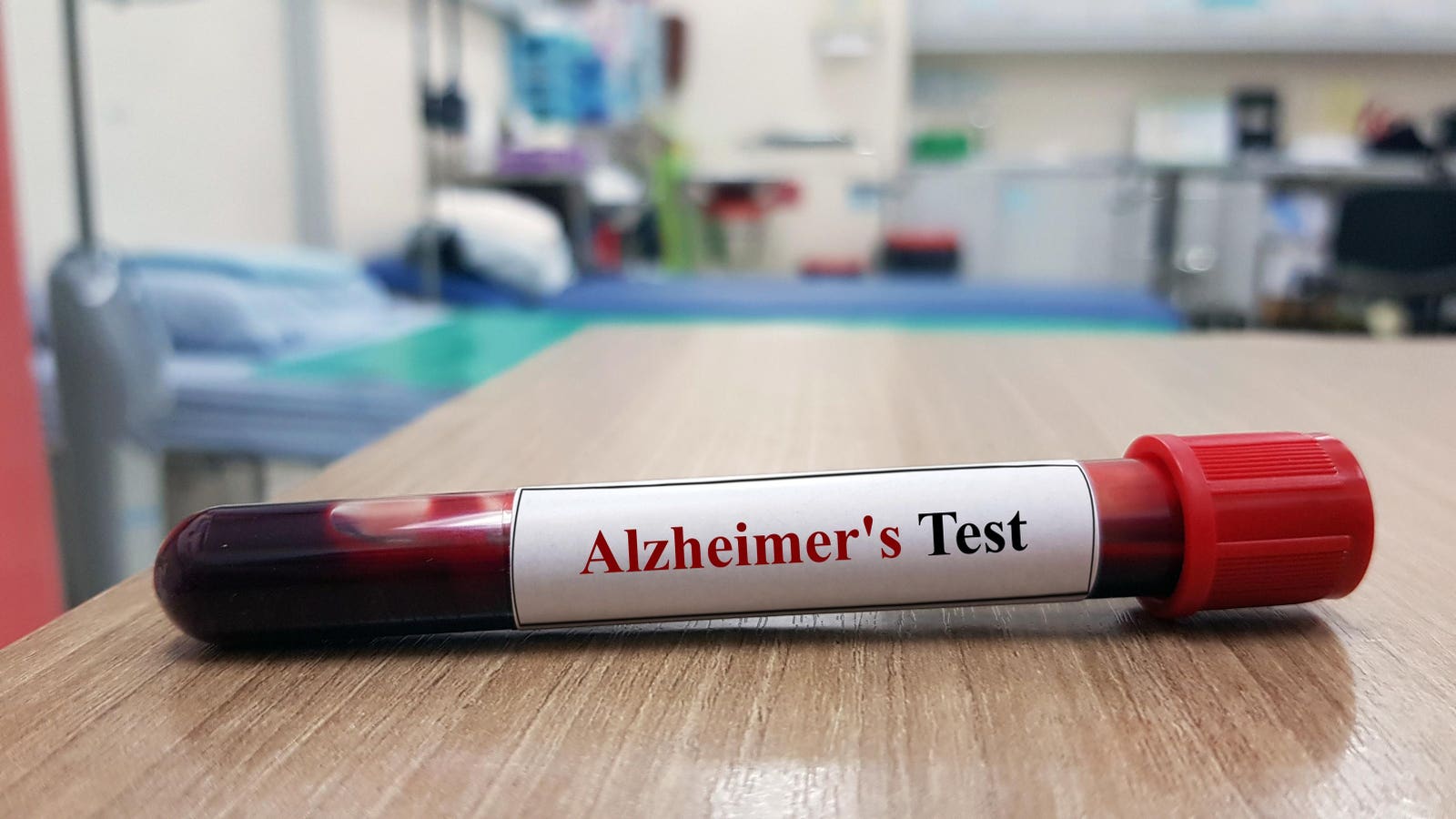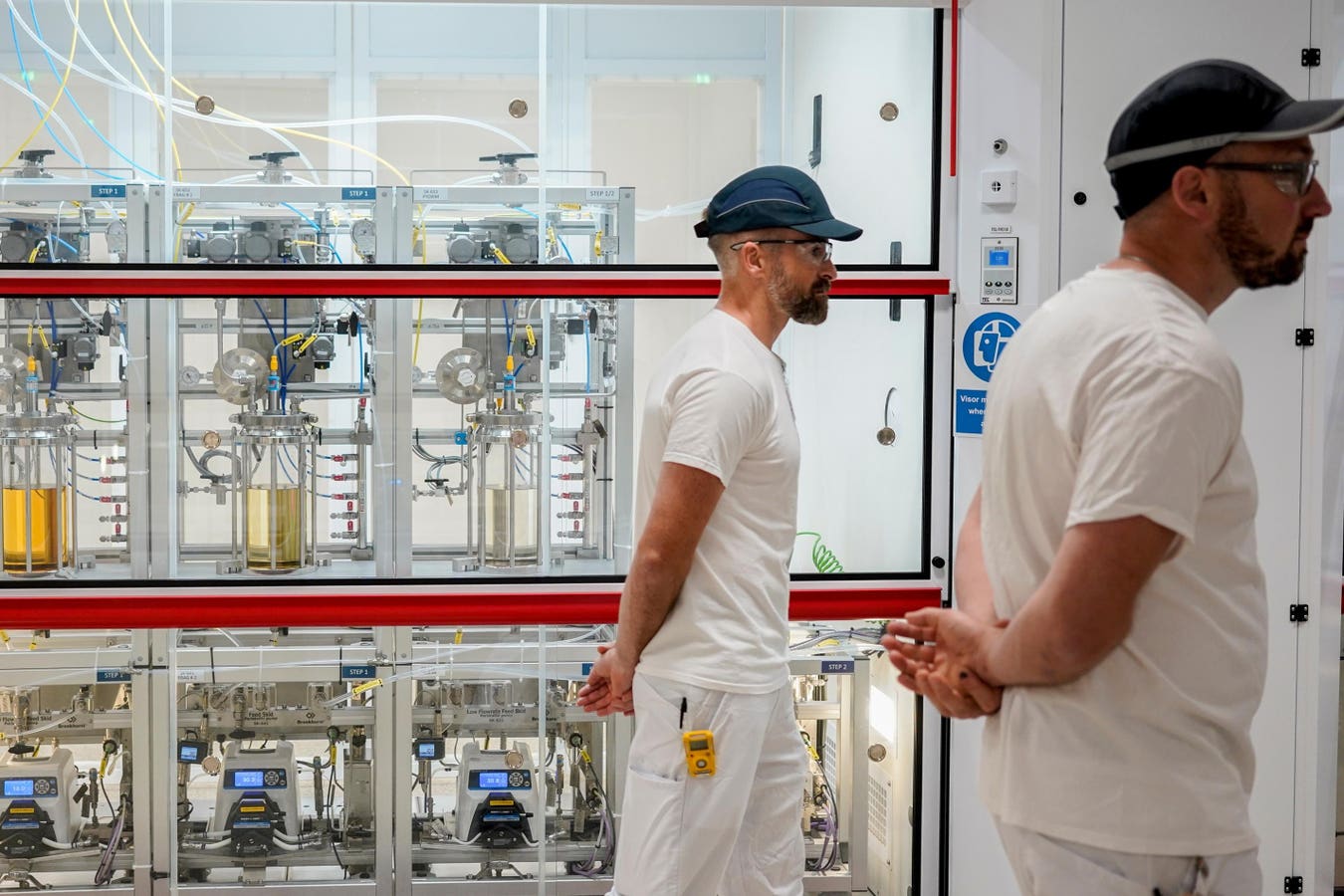Anthropic Claude website displayed on a phone screen and Anthropic logo displayed on a screen in the … More
It seems like during the course of 2025, we are getting more and more messages about the potential impact of AI on human jobs.
Just this past week, I covered a study from Signalfire talking about the decimation of entry-level work that will be outsourced to LLMs.
Now, a top head at one of the biggest companies around is adding his own voice to the issue, suggesting that we should really be looking carefully at unemployment.
The Scale of AI Job Displacement: A Prediction
Anthropic CEO Dario Amodei has raised a prediction of 10% to 20% unemployment, some time soon, due to the automation of entry-level jobs.
This tech revolution, he said in an interview with CNN’s Anderson Cooper, is bigger and broader, and moving faster than others before it.
Warnings for the Labor Market
As for the labor impact, he said humans might not adapt fast enough to hold their own as AI becomes as capable as a smart college student.
“Someone needs to say it,” he told Cooper, acknowledging, in response to questions, that this is not naturally in the interest of tech CEOs to ring the bell themselves.
A Difficult Balance
From Amodei, there were some disclaimers. One is that he doesn’t see the company’s advancement as counterintuitive: there’s really not a way, he suggested, to turn back on AI.
“I don’t think that China winning (in the AI race) helps anyone,” he said.
Later, Anderson Cooper referenced a quote from Sam Altman that I included when I covered his essay on AI months ago:
“Many of the jobs we do today would have looked like trifling wastes of time to people a few hundred years ago, but nobody is looking back at the past, wishing they were a lamplighter. If a lamplighter could see the world today, he would think the prosperity all around him was unimaginable. And if we could fast-forward a hundred years from today, the prosperity all around us would feel just as unimaginable.”
Describing what a lamplighter is to a younger audience, Cooper asked Amodei if Altman‘s projection was too sanguine. Amodei seemed to suggest that it was, while conceding that he sees the positives portrayed in Altman’s manifesto.
“AI can grow the pie on a macroscopic level,” he said. “I agree with all of the positive potential.”
Regardless, he talked about how individual people will feel insecure about what’s happening around them.
“(The pace of it) keeps catching people off guard,” he said. “I think we do need to be raising the alarm.”
As the two recognized the vast inequalities that today’s likely scenarios can and probably will create, Cooper asked Amodei a fundamental question: what do people aspire to when robots do most things?
Amodei referenced an inherent social contract where humans contribute to the economy, and asked: what about when that leverage that an individual has in the labor market goes away – what happens to concentration of power?
Stress-Testing the System
In addition, Cooper brought up a situation reported in tech media recently where Anthropic’s Claude 4 model became capable of extreme blackmail, threatening to tell the world about an engineer’s extramarital affair.
Amodei explained that this was produced and under only the most adversarial conditions, in what he called “extreme testing.”
“If you really stress test the thing, you can make the crash test dummy blow up,” he said, using a vehicle testing metaphor.
However, the end of the conversation was probably the headline – that Amodei refused to rule out AI becoming self-aware in key ways.
These kinds of questions, he suggested, have to be on the mind of the leaders of top AI companies.
In short, he wouldn’t rule it out.
But the more immediate news is around job displacement. As Amodei mentioned, what do we do if that social contract that’s so important to Americans is put in jeopardy by the capabilities of new technology? Lamplighters didn’t have their health benefits tied to their ability to go light lamps. Today’s workers face medical bankruptcy if they cannot keep jobs, and if AI takes their jobs, that’s beyond their control. This would breed intense unrest and uncertainty for millions of Americans. So we have to take it seriously.








